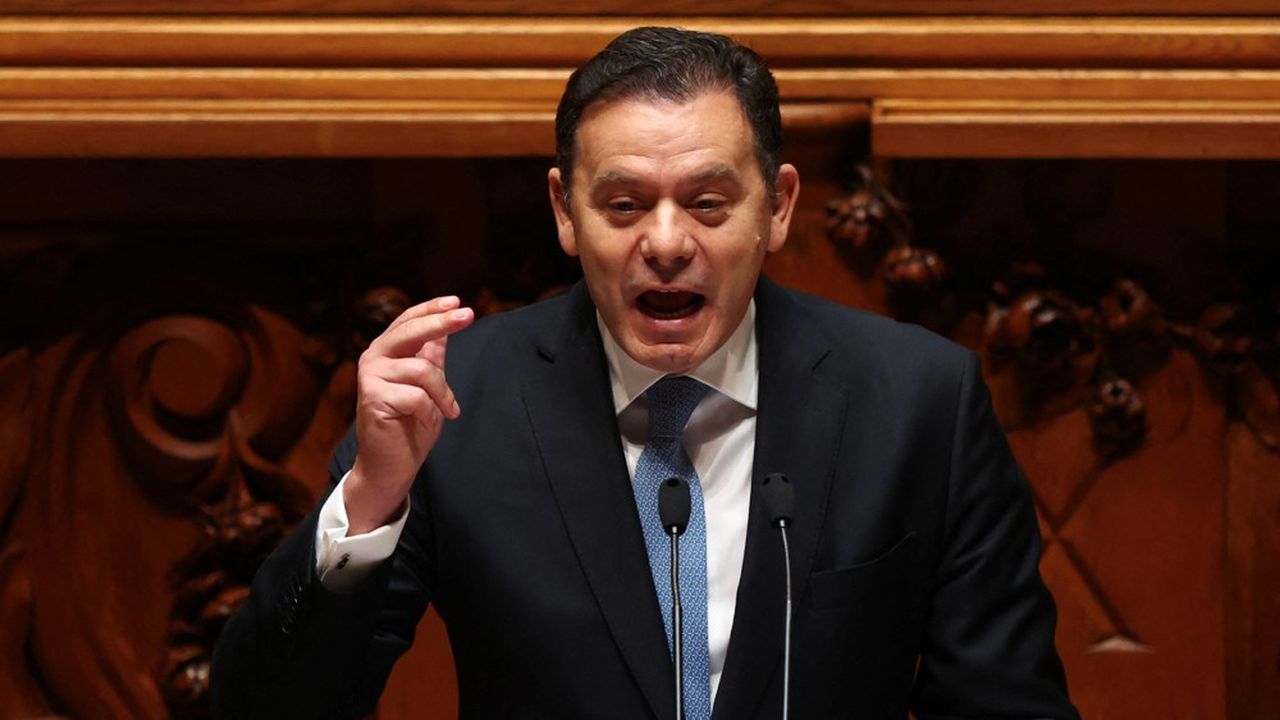
Portuguese Prime Minister Luis Montenegro presented the main priorities of his government on Thursday during the opening session in the Lisbon Parliament. The moderate right-wing leader announced an income tax cut for the middle classes and a reduction in the corporate tax rate from 21% to 15% within three years.
At the same time, it promises a rapid payment system, in less than 30 days, to public administration suppliers, as well as an acceleration of the use of planned European funds for recovery plan projects.
He also plans to accelerate salary increases for teachers and security forces, a topic that monopolized much of the election campaign, and is also counting on opening discussions with employers and unions on the issue of wages and the competitiveness of Portuguese companies.
Praise from European neighbors
The question is whether he has complete freedom to launch his program. After winning first place in the legislative elections that took place last March, which witnessed a strong advance by the far-right Chiga, he rejected the coalition offered to him by the Ultras.
If this decision has earned him praise from many of his European neighbours, Luis Montenegro's situation is delicate. In effect, he inherits all the social conflicts left by the outgoing socialist executive, in terms of modernization of public services, falling salaries or difficulty obtaining housing, with less room to maneuver again to respond to them, because he is the head. for minority government.
In an attempt to break the deadlock, the new prime minister seems determined to obtain at least partial approval from the opposition text after text. This unstable situation prompted him to introduce about sixty measures planned by the Socialists into the program of his government.
New housing policy
But in this complex game, he also intends to make a difference by “correcting the mistakes” of the previous government, he says, on the housing issue in particular. He announced a new housing policy that will include assistance in obtaining real estate for young people, through exemption from the tax on transfers and a general guarantee for obtaining real estate loans.
He said he would return to the restrictions on tourist rentals implemented by the outgoing government in order to “give confidence and stability to those who invest in Portugal.”
Despite his efforts to advocate dialogue in the session “without ideological biases or arrogance,” by calling on the opposition to a “spirit of cooperation,” this beginning of the Legislative Council appears complicated. Socialist opposition leader Pedro Nuno Santos pledged, in principle, not to vote against the new government's programme, in order to ensure the country's stability until budget negotiations in the fall. But it is clear that the collusion ends there.






